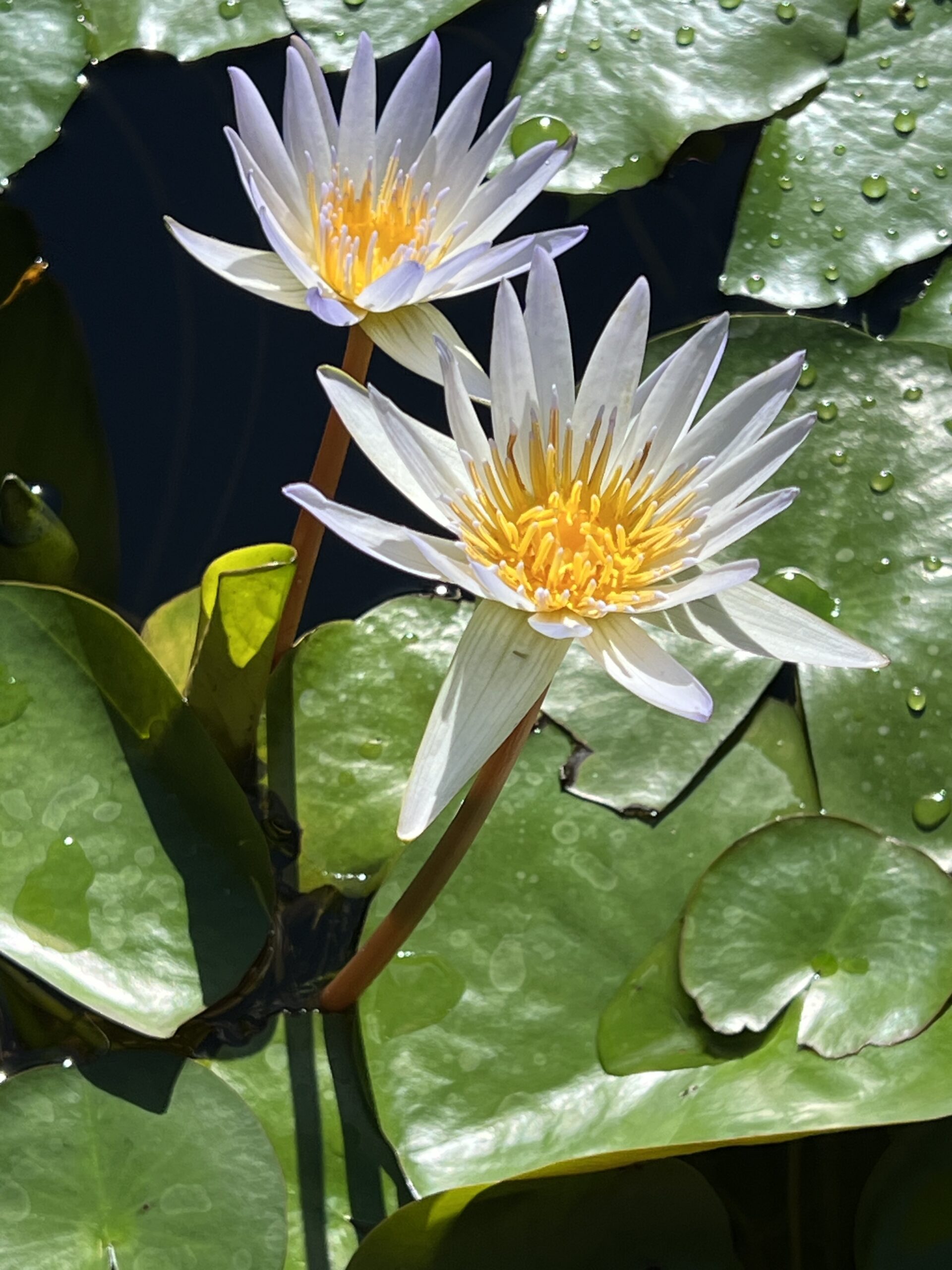Before enlightenment — chop wood, carry water. After enlightenment — chop wood, carry water.” Zen Buddhist proverb
Yesterday, and the day before, and the day before that I undertook to deconstruct three large, dried-out Christmas wreaths. I felt noble. All the plant materials were compostable…in theory, and I was determined to see them “re-used”. On day two, after nearly filling my new tumbler-composter with bucketsful of evergreen twigs and needles, eucalyptus leaves, wilted flowers and the straw “donut” bases of two wreaths, I checked the internet to see in what time these clippings would break down into the rich loam of my gardening hopes:
Short answer. “A very long time.”
Long answer, “A very, very long time. Don’t even try.”
But in spite of this discouraging internet knowledge, I stubbornly persisted in deconstructing the third wreath. Perhaps the whole bio-scientific universe would miraculously shift, and render useful this regrettable batch of post-holiday “trash”?
At first I thought it was my determination to compost the wreaths that meant nothing was going to stop me. Laterally I realized that it was the soothing, therapeutic quality that kept me at this relatively futile task. Pulling out florist’s staples, wilted flowers and tufts of dried greenery, stripping the straw donut of plastic wrap and fishing line, separating out the re-usable straw flowers from the garbage, and the garbage from the compostables, cutting the compost into more digestible pieces——all left me with a sense of peace, harmony and ease of well-being.
This seemingly mindless manual labor led my thoughts to what anthropologist Gregory Bateson called “entropic work”. The kind of repetitive work that is done in homes all over the world. Over and over and over again. Cleaning house, washing cloths, procuring, preparing and serving food; clearing up today’s messes only to be thinking about tomorrow’s meals, chores, clean-ups and errands in a seemingly endless loop. Often thankless, these domestic duties fall to someone (often low on the totem pole) in almost every household. Without that our homes, and our planet, would descend into chaos. (Go to Cairo if you want a glimpse of that).
As with home maintenance, personal growth can be mind-numbingly boring, lending credence to the John Lennon quote: “My life is what’s happening while I’m making other plans.” One to-do-list item after another gets in the way of a more exciting, care-free, (albeit imaginary) life. Hardly the stuff of our daydreams, inner transformation can be painfully slow. Like turning clippings to compost, change can take a very long time.
But what if these seemingly insignificant, recurring activities were to serve a “higher” purpose? What if all the minutia I attend to on a daily basis were performed mindfully, purposefully? What if it were symbolic of the personal growth work that, while being done internally, invisibly, profoundly effects not only myself, but people and things around me?
With these thoughts in mind, I set about the task of deconstructing the third wreath. Thinking of it as pulling out the attachments (florist tacks), the outmoded beliefs (dead wood); separating what to keep (red straw-flowers) from what no longer serves me (plastic wrap), and cutting the mental or emotional ties-that-bind (fishing line) had a powerfully clarifying effect on my mind! Carrying the experiment further, I applied this same mindfulness to other household chores. Washing dishes (scrubbing away impurities), drying glasses (clarity, transparency), ironing (smoothing out convoluted thinking) and so on throughout the day.
Reframing my attitude to all the mundane things I have to do is a way of applying the Zen proverb: “chop wood, carry water”. Chopping wood and carrying water are hardly glorious activities, nor is pulling apart old Christmas wreaths. But, in what I consider a minor epiphany, I realized I had persisted with the third wreath not because of composting, but because focusing on the task at hand came as a great relief from all the could, should, and ought-to-do thoughts that assail an idle mind. A mind scattered and distracted by worries for the future or laments from the past. Controlling my thoughts and directing my imagination are of great benefit towards making present ideals real.
Layman Pang, (740-808) a celebrated Buddhist monk from the Zen tradition wrote: “My daily activities are not unusual, I’m just naturally in harmony with them.” Perhaps enlightenment means just that, being in harmony, being fully present and engaged in the day-to-day.
Next time you’re faced with a tedious task, how about giving it a try?

I like that! I think I can do it. Thanks.
I will try it today.